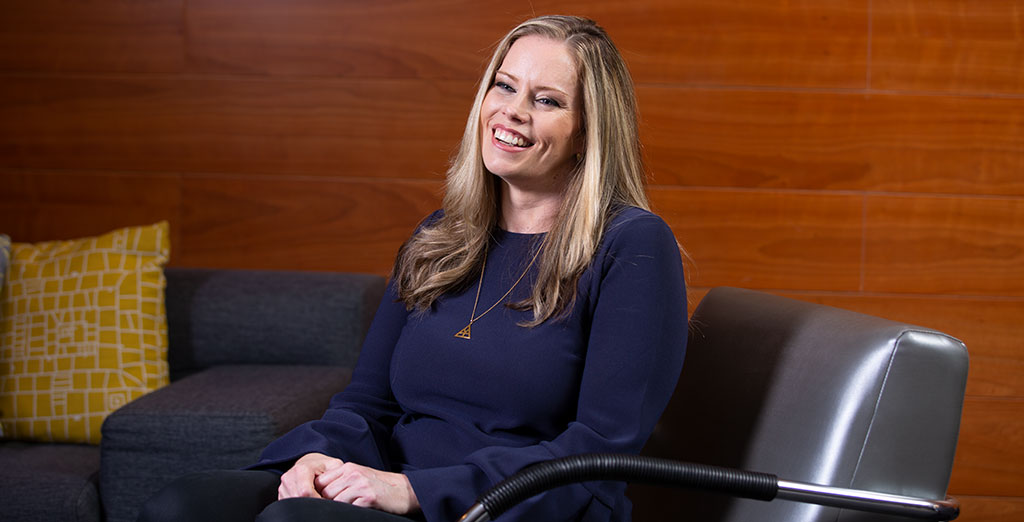Get Focus insights straight to your inbox
Innovation and technology are often used loosely within the financial planning space, but what do they really mean when it comes to delivering offerings that make sense for clients and that help them to achieve their financial goals?
This is one of the key questions raised at the Financial Planning Summit 2020 brought to delegates by The Collaborative Exchange. Advisers are looking to invest in the infrastructure that they need as they seek to attain a competitive edge.
“But they are also looking for value on that investment,” says Nicola Rowbotham, Head of Technology and Operations at Investec for Intermediaries. “There also needs to be the right investment in people, because in the end, this is a people-focused industry. The technology we invest in needs to support that,” she adds.

There also needs to be the right investment in people, because in the end, this is a people-focused industry. The technology we invest in needs to support that.
Hastening digital adoption
The benefits of technology became readily apparent during the most severe stages of the lockdown earlier this year. Clients have been understandably anxious about their wellbeing, their investment returns and their financial planning in general, but due to lockdowns, their advisers have been unable to see them face-to-face, as they would have been able to during, for example, the 2008 Global Financial Crisis.
So it’s no surprise then that applications like Zoom, Teams or Webex, as well as the use of, for example, digital signatures have been rapidly accepted and are now a normal part of doing business.
When it comes to technology within the financial planning space however, the industry needs to focus on the innovations and operations that really make a difference to advisers and their clients.
For example, the managing, aggregating and analysing of data has long been a challenge for the industry, notes Stuart Porrill, Executive: Partner Services at Adviceworx.
Emily Chen, Product Executive Wealth Management at Iress, says this is a challenge that’s consistent around the world, not just in South Africa. “As consumer expectations have increased, so have the expectations of advisers,” she notes.
Ultimately, it’s about providing relevant, personal information that can help the clients to see how they are tracking against their financial goals.
Beware "empty technology"
“Clients are overwhelmed with information. I often see these 32-page reports coming out for a client, where all they want is a dashboard, one-pager or visualisation that can tell them where they are,” says Porrill.
Daniel Micali, Director at Silica Holdings, says costs have maybe caused advisers to baulk at introducing new technologies. “But thanks to innovations like cloud computing, the cost points are coming down and complexity is being reduced. This will increase the ability to change solutions.”
Many businesses find that they invest in a new technology and then not know what to do with it, says Porrill. “You get what I call empty technology,” he says.
Chen agrees, saying the issue is to understand what the problem is that needs to be solved for an adviser’s business.
"Thanks to innovations like cloud computing, the cost points are coming down and complexity is being reduced. This will increase the ability to change solutions.”
Ultimately, it’s about value, says Micali, “If a solution can save a lot on administration costs, then the cost of the technology is negligible.”
And technology can provide value in other ways, says Rowbotham. “The ability to scale across a range of processes is greater than before,” she says.
Chen says it’s ever more important to reach out to both users and to the end clients of advisers. “At the end of the day, there’s a human at the end of the process,” she says.
“There is no holy grail or one solution for an advisory business, but you do need to select solutions carefully and invest in the people who understand your business,” says Porrill. “Technology is an enabler – of your operating model, your proposition, your business model – it’s not the solution. You need people in your business who can do that, so don’t think you can outsource that.”




